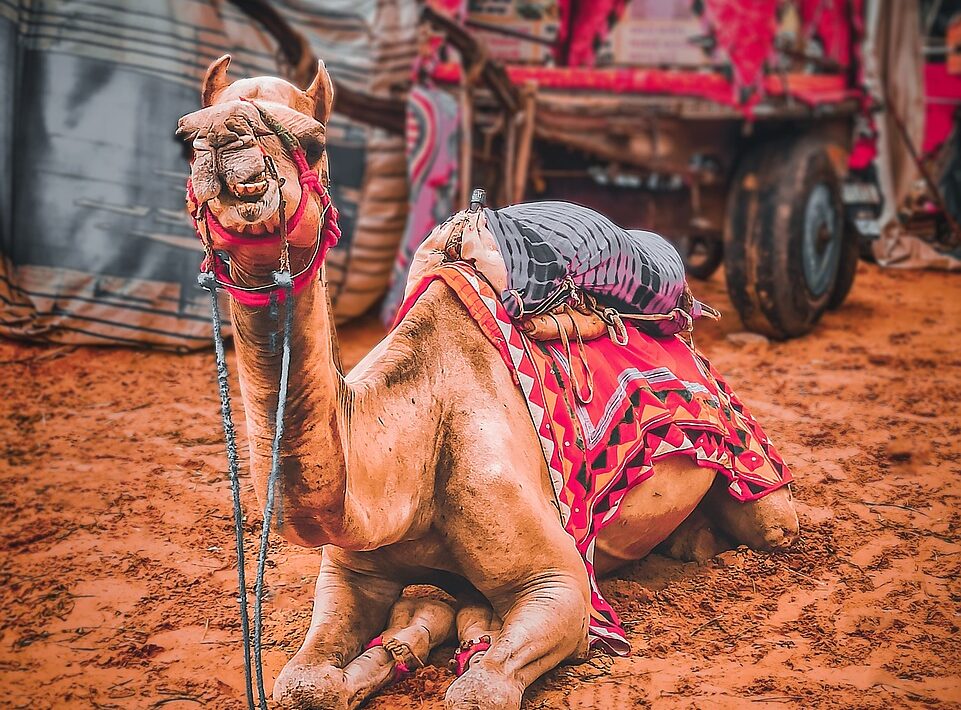Pushkar Camel Fair 2025: A Cultural Extravaganza in Rajasthan
The Pushkar Camel Fair, also known as Pushkar Mela, is one of the most vibrant and culturally rich festivals in India. Held annually in the holy town of Pushkar, Rajasthan, this event attracts thousands of visitors from around the world. The 2025 edition of the fair promises to be an unforgettable experience, blending traditional livestock trading with a plethora of cultural activities. Here’s a comprehensive guide to the Pushkar Camel Fair 2025, covering its history, significance, attractions, and tips for visitors.
Historical Significance
The Pushkar Camel Fair has its roots in the traditional livestock trading practices of Rajasthan. Historically, it served as a marketplace for local farmers and traders to buy and sell camels, horses, and cattle. Over time, the fair evolved into a grand celebration that showcases the rich cultural heritage of Rajasthan. The fair coincides with the holy period of Kartik Purnima, the full moon day of the Hindu month Kartik, which adds a spiritual dimension to the event. Pilgrims from across India visit Pushkar during this time to take a holy dip in the Pushkar Lake, believed to have been created by Lord Brahma.
Dates and Venue
The Pushkar Camel Fair 2025 is scheduled to take place from October 30 to November 5. The fairgrounds are located near the Pushkar Lake, providing a picturesque backdrop for the festivities. The first few days of the fair are dedicated to livestock trading, while the latter part focuses on cultural performances, competitions, and religious rituals.
Major Attractions
1. Camel Trading and Competitions: The highlight of the fair is the trading of camels, horses, and cattle. Farmers and traders from across Rajasthan bring their best livestock to showcase and sell. The camels are often decorated with vibrant ornaments and participate in various competitions such as camel races, beauty contests, and even camel dancing.
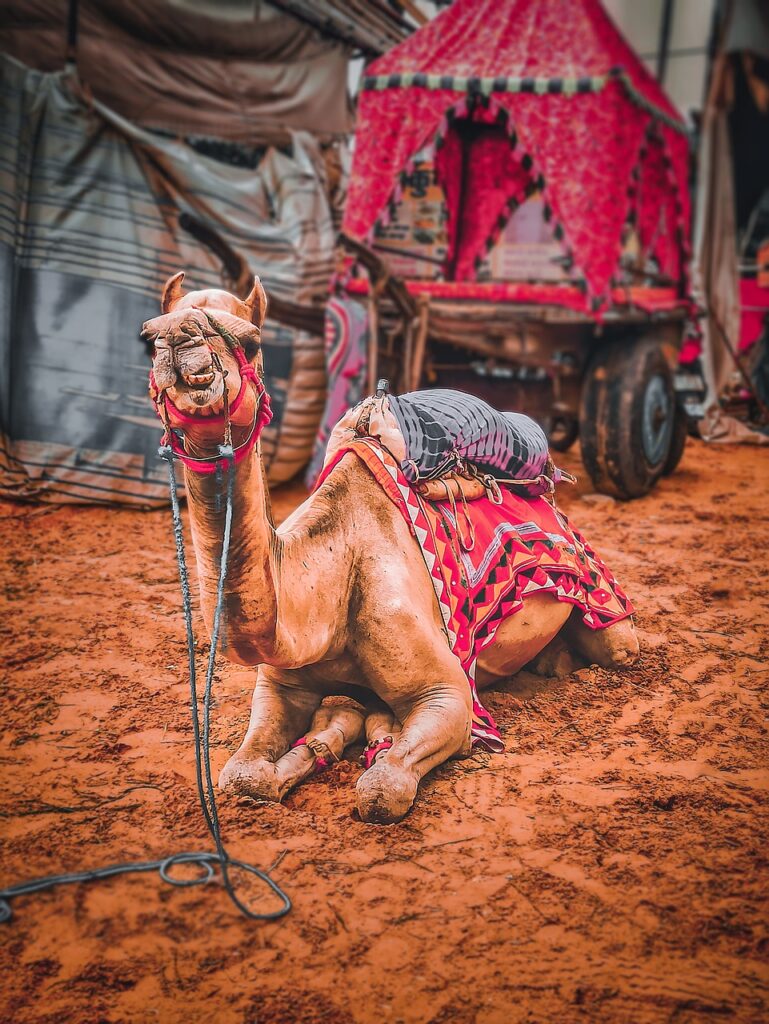
2. Cultural Performances: The fair is a feast for the senses with a variety of cultural performances including folk music, dance, and puppet shows. Traditional Rajasthani artists perform Ghoomar, Kalbelia, and other folk dances, captivating the audience with their colorful attire and rhythmic movements.
3. Religious Rituals: The fair coincides with Kartik Purnima, a significant day in the Hindu calendar. Pilgrims take a holy dip in the Pushkar Lake, believed to cleanse sins and bring good fortune. The Brahma Temple, one of the few temples dedicated to Lord Brahma, becomes a focal point for religious activities.
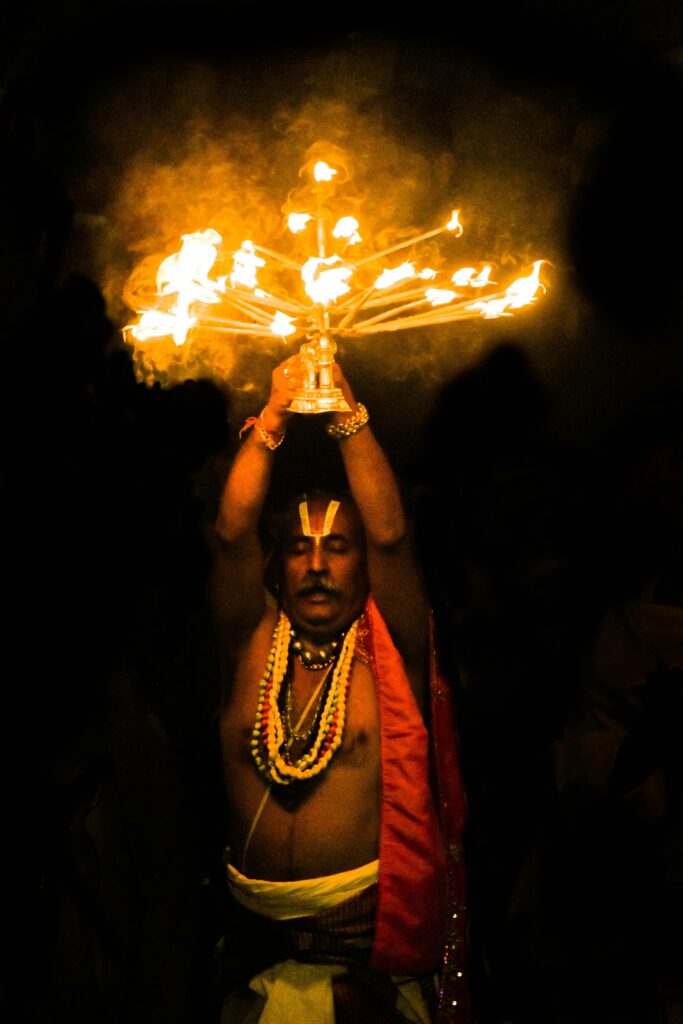
4. Adventure Activities: For the thrill-seekers, the fair offers a range of adventure activities such as hot air balloon rides, camel safaris, and quad biking. These activities provide a unique perspective of the fair and the surrounding desert landscape.
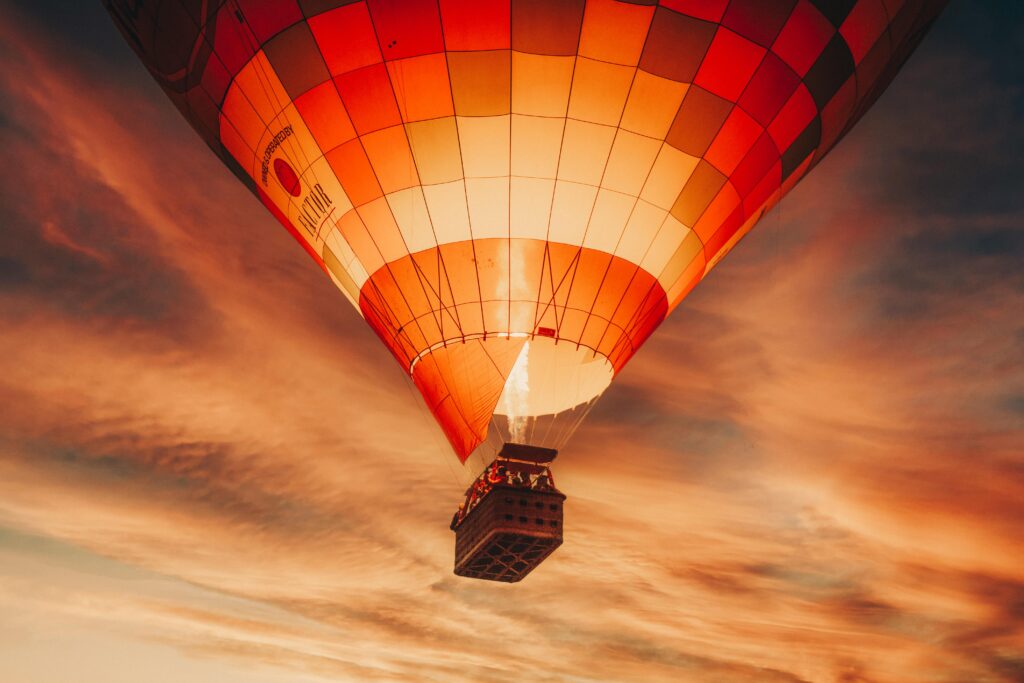
5. Local Handicrafts and Cuisine: The fair is also a shopper’s paradise with numerous stalls selling traditional Rajasthani handicrafts, jewelry, textiles, and pottery. Food lovers can indulge in local delicacies such as dal baati churma, kachori, and malpua.
Foreign Visitors and Photo Opportunities
The Pushkar Camel Fair is a major attraction for international tourists, with thousands of foreigners visiting each year. The fair’s vibrant atmosphere and unique cultural experiences draw photographers and travel enthusiasts from around the globe.
Photo Opportunities:
– Colorful Camels and Livestock: The camels, adorned with intricate jewelry and vibrant fabrics, make for stunning photographs. Capture the essence of Rajasthan’s rural life through the lens.
– Cultural Performances: The traditional dances and music performances, with artists in their colorful attire, provide excellent opportunities for dynamic and lively shots.
– Pilgrims and Rituals: The sight of pilgrims taking a holy dip in the Pushkar Lake, especially during Kartik Purnima, offers a glimpse into the spiritual side of the fair.
– Sunset and Desert Landscapes: The fairgrounds, set against the backdrop of the Aravalli hills and the desert, are particularly photogenic during sunrise and sunset.
– Local Markets: The bustling markets, with their array of handicrafts and local produce, are perfect for capturing the vibrant colors and textures of Rajasthan.
Tips for Visitors
1. Accommodation: Given the popularity of the fair, it’s advisable to book accommodation well in advance. Options range from luxury resorts to budget hotels and guesthouses. For a unique experience, consider staying in a desert camp.
2. Travel: Pushkar is well-connected by road and rail. The nearest major city is Ajmer, which is about 30 minutes away by road. Regular buses and taxis are available from Ajmer to Pushkar. For a more scenic route, consider taking a camel cart ride from the outskirts of Pushkar.
3. What to Wear: November in Rajasthan can be quite chilly in the mornings and evenings, so pack layers. Comfortable walking shoes are a must as you’ll be exploring the fairgrounds extensively.
4. Health and Safety: Stay hydrated and carry a hat or scarf to protect yourself from the sun. Be cautious with street food and prefer bottled water to avoid any health issues.
5. Respect Local Customs: Pushkar is a holy town, so dress modestly and respect local customs and traditions. Photography is allowed, but always ask for permission before taking pictures of people, especially women.
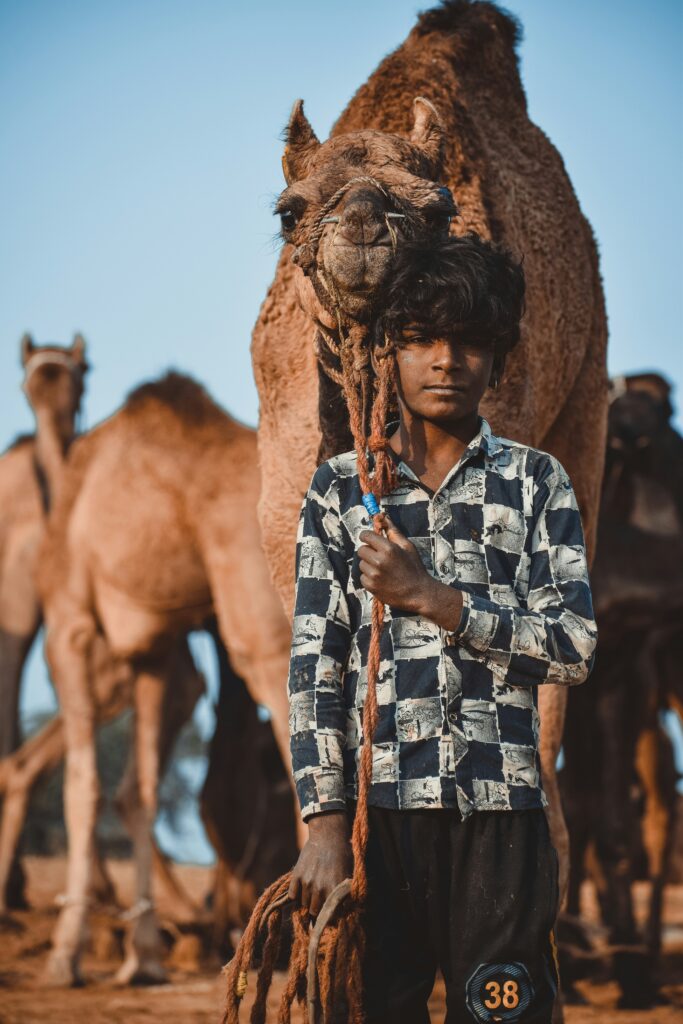
Travebrate Itinerary for Pushkar and Rajasthan
Planning a trip to the Pushkar Camel Fair? Let Travebrate craft the perfect itinerary for you! Our specialized itineraries cover the best of the fair, from thrilling tug-of-war competitions between the India team and foreign tourists to stunning balloon rides over the desert landscape. Experience the magic of folk arts, bustling camel markets, and enchanting evening shows featuring some of India’s finest musicians. While we don’t handle hotel or flight bookings, we ensure your visit is unforgettable. With sand, camels, and the spirit of the Pushkar mela, Travebrate promises an incredible adventure in India.
Why wait? We are one chat away!or you can email us here


